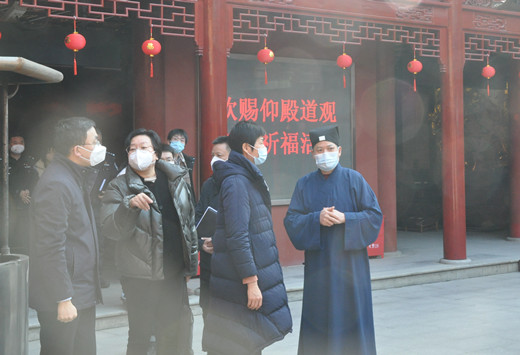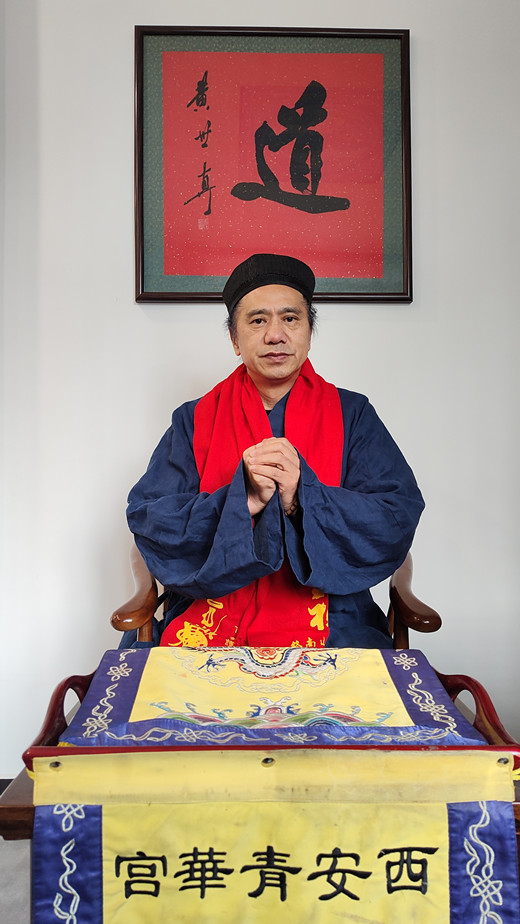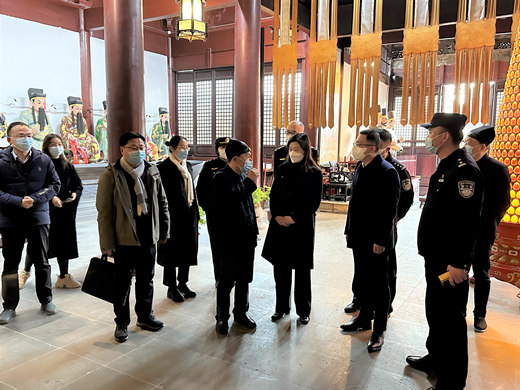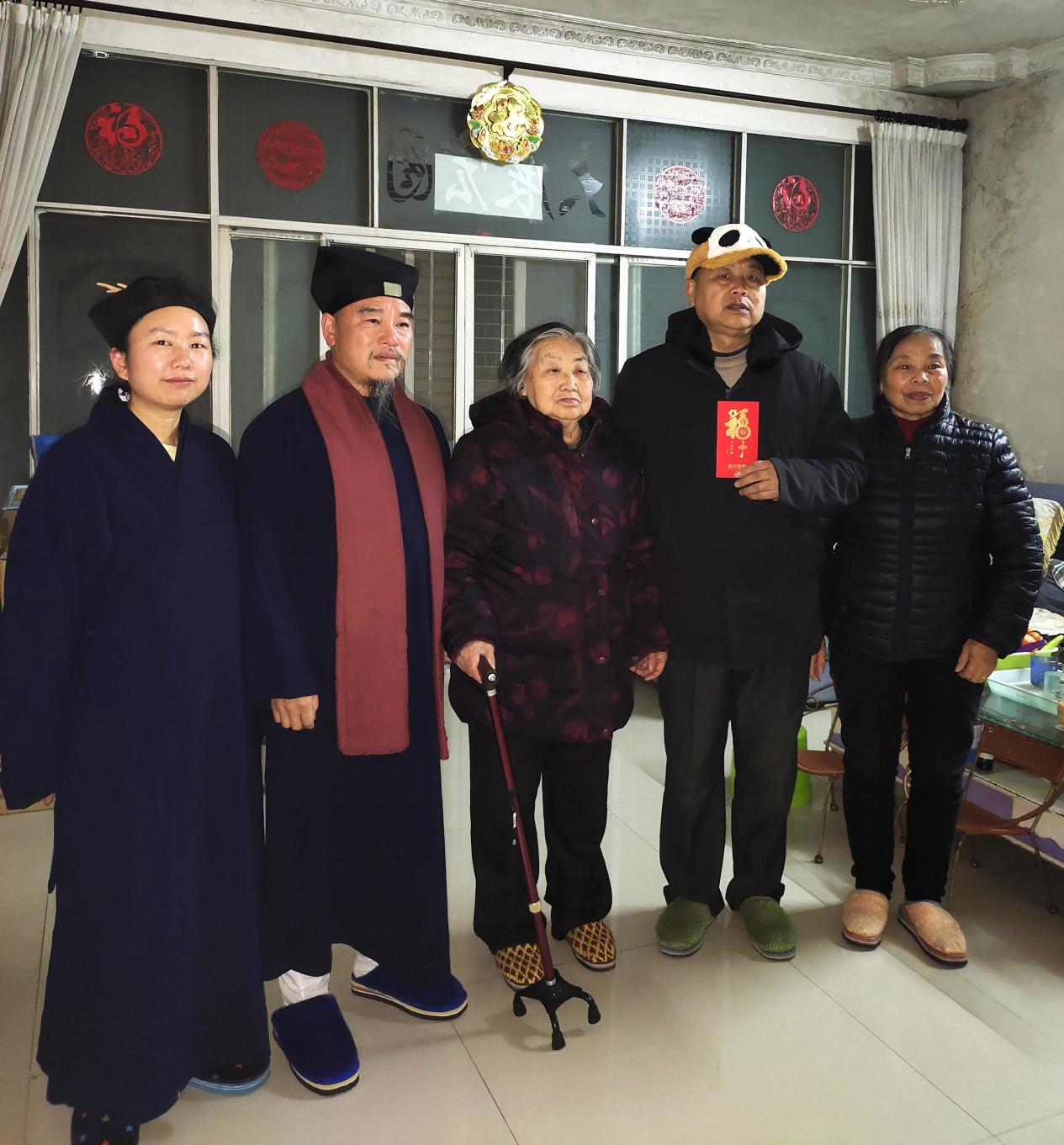New agents and new ethos of Daoism in China today(7)
江南app下载-官方网站Yang Der-Ruey
2015-10-20
Secondly, although they both end up with similar idea about founding a company to promote Daoist culture, their approaches toward busi ness are fundamentally different. They both regard commercial enterprise as a good means for attaining moral or religious ends. However, for the disciples of Master Rising Sun, the distinctions between means and ends, business and morality, are blurred. The Wanli Company is supposed to be a profit-making enterprise, but it also seems to be an end in itself as it is m eant to be a realization of the filial piety of Mr. Mu and his fellow disciples for the old master. Therefore, the daily operation of the Wanli Company is actually rather similar to a “temple of sons and grandsons” than a typical shop and the staff there is more the pupils/servants of the old master than typical clerks. After all, for the key shareholders like Mr. Wang and M r. Mu, it would be nice if the Wanli Company can earn some profit, but it doesn’t matter if it does not. So, the atmosphere in Wanli is just as relaxed as in a peaceful family. Contrarily, the mission of the Ninth Heaven.com is clearly defined as to make profit by marketing Daoist culture. Since the moral value of the whole enterprise has been defined as “marketing Daoist culture” or, more accurately, “making Daoist culture become popular”, so the foun ders of the Ninth Heaven simply quantify the extent to which they have achi eved their goal as the numbers of monetary income and clicks count. Therefore, for the Ninth Heaven, there is no obscurity between business and morality because good business is the morality. If the Ninth Heaven fails to produce profit, from their perspective, it means that they fail to find out the corr ect elements of Daoist culture that can really appeal to people’s interests. In this case, they must of course be “punished” by the force of market. As a result, the collective discipline among the core group of six and the hierarchical relationship between these shareholders and the other employees are quite evident in the Ninth Heaven, which makes the atmosphere in this company just as tense as in any typical commercial enterprise.
The Ninth Heaven’s attempt to popularize Daoism by unifying business and religious mission is actually not a novel idea at all. As many anthropologists have pointed out, folk Daoism and effectively all kinds of folk religions in China have been saturated with the idioms and practices of market economy, commodity exchange, and consumerism for centuries. The genuine novelty of the Ninth Heaven lies in the population it tries to persuade – the e-generation Chinese males who grown up with cell phones, internet, computer games and rampant consumerism, instead of those who are middle-aged or older, less educated, village dwelling, rather local- and family-bounded, and, especially, women. This new aspiration, i.e. to bring the antiquated, abstr use, elegant and intellectually demanding classic (or monastic) Daoism to ap proach e-generation Chinese males, is consistent with that behind the online forum for lay practitioners and devotees of Daoism found in Wudu City. However, it is a much more obscure, only dimly sensed, idea for the founder s of the online forum in Wudu, whereas in the case of the Ninth Heaven, it is c learly recognized as what the company is all about. Correspondingly, the network in Wudu preserved its character as a non-profitable, loose gathering of amateur volunteers that can contain people of various degrees of intere sts, knowledge, and commitment toward Daoism, whereas the network behind the Ni nth Heaven cannot avoid becoming increasingly like a cult for devoted lay Daoist entrepreneurs only.
Discussion and Conclusion
Through comparing the above three cases with the overall contou r of Daoism informed by the traditional legal-institutional perspective, we can easily pin down the multi-dimensional change happened to Daoism as a s ocial sphere in China during the recent decade. To summarize, we can observe the change via two crucial dimensions: the constituent agents of this sphere and the basic pattern of interaction among them.
Regarding the constituent agents, the most remarkable change happened to this social sphere is the increase of agents – both in terms of the sheer number but also the types of them. Firstly, there are many governmental bodies began to involve in this sphere during the recent decade. Apart from the three administrative systems that are the traditional authorities con cerning this sphere, i.e. the Bureau of Ethnic Minorities and Religious Affairs (of the PRC state), the Department of United Front (of the CCP), and th e Department of Propaganda (of the CCP), many local governmental bodies, especially those on county and township level, started to play sometimes very significant roles in this stage. As the case 2 has shown, more than a dozen unite s of the Wudu municipal government were actively involved in the tale of the two Mazu temples, which includes the Bureau of Tourism, the Office of Cultural He ritage Conservation, the Bureau of Public Security, a series of office s concerning the drafting and reviewing of urban planning and finally the fo rmation of Wudu’s Eleventh Five-year Plan, and many others. In fact, Wudu is definitely not a peculiar case in this regard. In today’s China, we can easily come across similar situation where a similar cast of local governmental un ites play the most active roles in reviving Daoism – albeit in different or even contradicting ways. Secondly, the boundaries between the state- recognized system of Daoist associations and the traditional categories of “dispersed dwelling Daoist priests” and “clients” are increasingly blurred and so there emerged a “lunar halo” around the chartered orthodox cler ic organization of Daoism. The Master Rising Sun of the case 1 is the best example here. Despite his membership in some local Daoist association, he actually lives in somewhere else and employed by a private company inste ad of a temple. More importantly, he has a large number of non-cleric disciples . Some of these non-cleric disciples eventually turned themselves into official certified priests by joining local Daoist association’s affiliating templ es, some others became “dispersed dwelling priests” or residential pries ts of temples that are not affiliated to Daoist association (such as Mr. Gao and his crew in the Watergate Mazu Temple), whereas the most of them simply led secular lives as lay practitioners of Daoism. In other words, Master Ri sing Sun and his non-cleric disciples are constituents of the “lunar halo” of the system of Daoist associations in the sense that they are closely tied to the latter but are not part of it. More importantly, this “lunar halo” is a realm wherein active agents of Daoism assembled instead of a passive reflection of the establishment standing in the center. Finally, the clients of D aoism, which have been somehow assumed as a mass of passive, discrete, and homogenous consumers by the outmoded legal/institution-centered view, have seen a dramatic process of diversification paralleling to the general tendency of Chinese society as a whole.


 |
|










 京公网安备 11010202006208号
京公网安备 11010202006208号